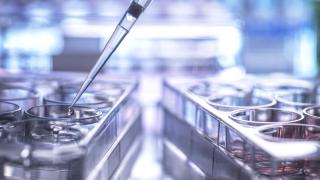
Yingfeng Deng Lab
Research Lab Overview
The Deng Lab seeks to reveal the molecular mechanisms that control the process by which the body gets usable energy from sugars in food — and especially how that process is altered in obesity. We focus on cells that store fat and the compounds that they release into the body, which contribute to signaling between cells, regulating metabolism, activating the immune system and more.
Understanding how fat cells have a broader effect on metabolism may help us to uncover root causes of type 2 diabetes, as well as potential cures. Because obesity also increases risk for many types of cancer, findings from the Deng Lab may also have long-term implications for improving cancer care.
Assistant Professor, Department of Diabetes & Cancer Metabolism
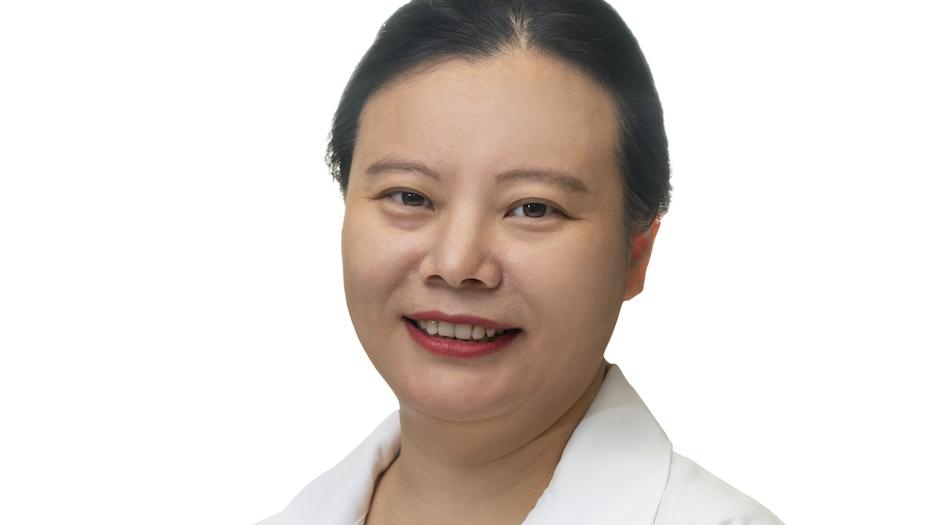
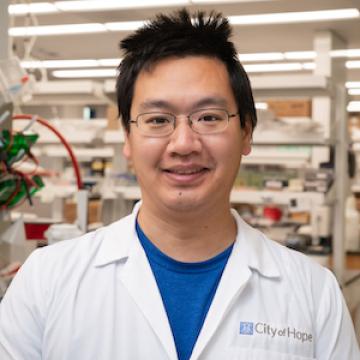

2022 - Present
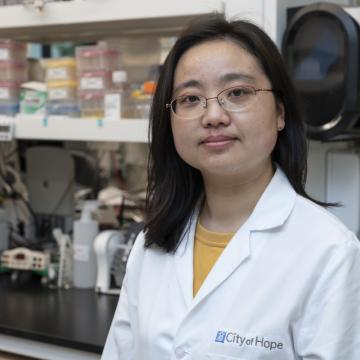

2021 - Present
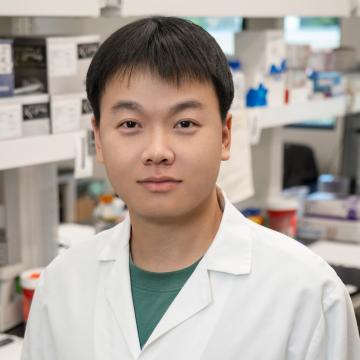

2023 - Present
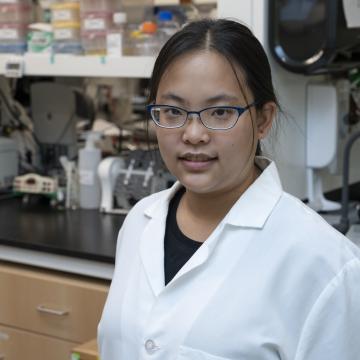

2022 - Present
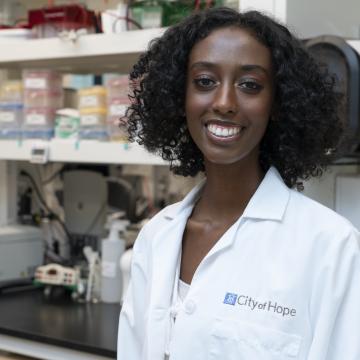

2020 - Present
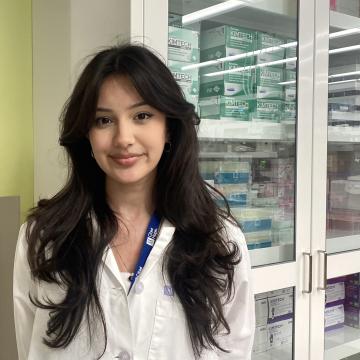

2023, Summer
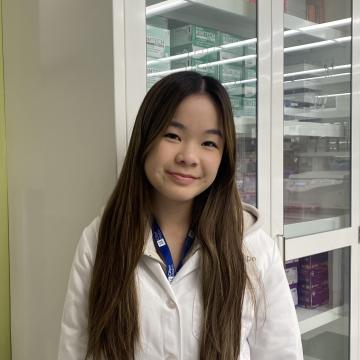

2023, Summer
Research Highlights
Among the metabolites secreted by adipocytes, or fat cells, the Deng Lab has a particular research interest in uridine. Although uridine is probably best known as a building block for RNA, this multifunctional compound also exerts influence on processes from protein modification to signal transduction. We aim to shed new light on its function mediating whole-animal physiology, which is currently understudied.
A 2017 Science publication led by Dr. Deng showed that uridine levels in blood are tightly controlled by feeding and fasting through hepatocytes, adipocytes and the enterohepatic loop, which affects energy balance by regulating body temperature. We are building on this finding to reveal more about the role uridine might play in metabolic disease.
Investigations in the Deng Lab involve manipulating the genetics and physiology of lab models to understand, at the molecular level, how obesity triggers insulin resistance and metabolic syndrome. We are aided by surgical capabilities and state-of-the-art instrumentation for continuous real-time monitoring of glycemic levels and body temperature. At City of Hope we have access to human islet cells and human fat tissues, creating a unique opportunity to test whether results from studies in lab models can be generalized to humans.
34.1293409, -117.971358
Duarte, CA 91010